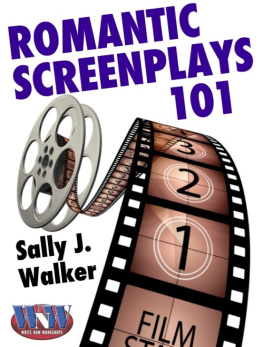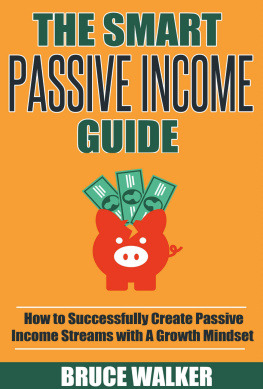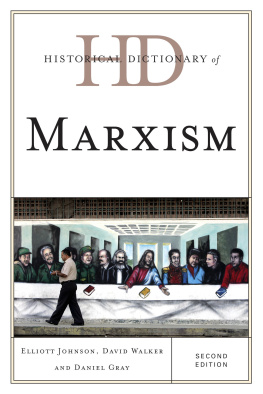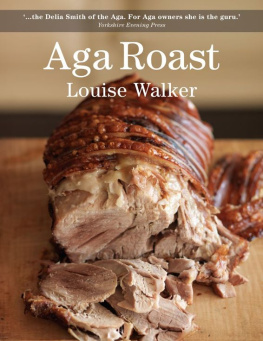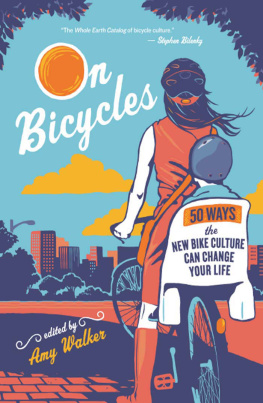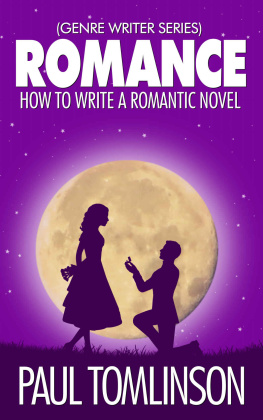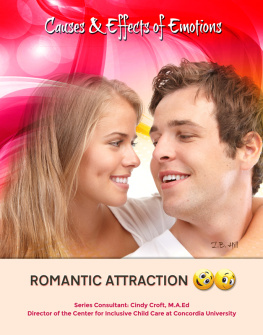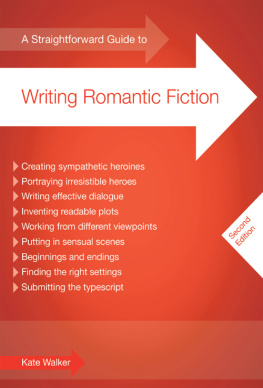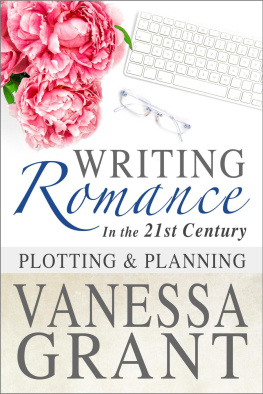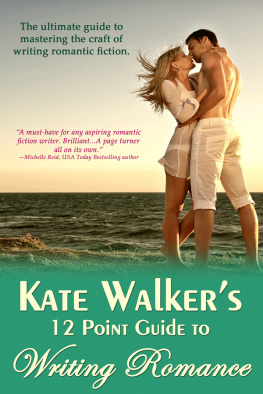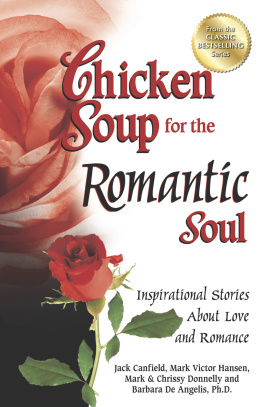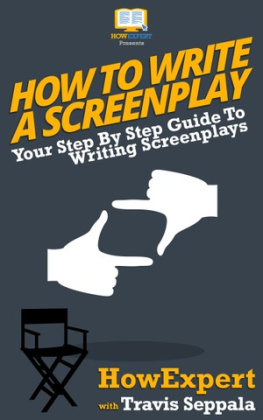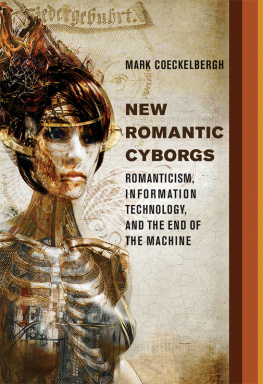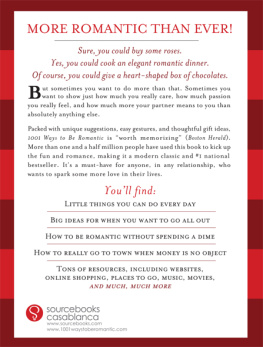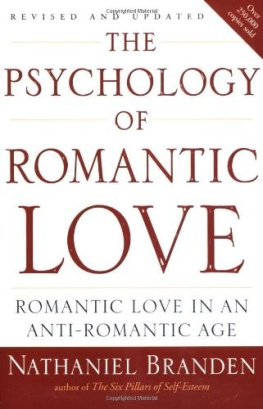Romantic Screenplays 101
by Sally J. Walker
Genre: Nonfiction
Book #2 in the Write Now Workshops series
Write Now Workshops logo by Tony McGowan
Kindle: 978-1-58124-955-2
ePub: 978-1-58124-956-9
2012 by Sally J. Walker
Published 2012 by The Fiction Works
http://www.fictionworks.com
fictionworks@me.com
All rights reserved. No part of this book may be reproduced without written permission, except for brief quotations to books and critical reviews.
Dedication
I was an active (and over-active) member of 18 years in Romance Writers of America. Toward the end of that affiliation, I had the honor of being a contributing member of the organizations on-line screenwriting chapter, Scriptscene. I want to dedicate this book to those cinematic writers and especially to Nancy Haddock, Neringa Bryant, Leslie Ann Sartor and Donna Caubarreaux. You ladies made me want to do this book.
A special thanks to Neringa, Leslie and the meticulous detail editor-type person, Muffy Vrana of Lincoln, Nebraska, These three ladies read the manuscript, made suggestions and pointed out needed corrections. Of course, I also appreciate Ray Hoy who always applies his eagle eye to any project published by The Fiction Works. This book is better for all that input.
Book #2
Foreword
You have come here to read about how cinematic romantic stories work. Long ago I researched those very concepts so I could authoritatively write credible romantic screenplays. I learned many insights into relationship storytelling over a long period. I did not encounter them all at once. Now, I want to share my discoveries with you.
Romantic Screenplays 101 grew out of my teaching many on-site and on-line classes by that title. I presented material arranged in logical progression for the seminar attendees. After teaching Intro to Screenwriting in so many one-day seminars, I discovered writers in general did not understand the unique expectations of the romance audience. I knew I had to dig deep into all my resources of romance fiction to meld that genres story and character concepts into a cohesive discussion suitable for screenplay translation. I had been applying my knowledge of relationship storytelling for some time without specific step-by-step awareness. Constructing the romance course gave my own work more focus, more in-depth meaning. That motivation to explain what works and what doesnt grew into a desire to spread the word to people trying to write romantic cinematic stories.
Truthfully, no people are as obsessive about the elements of this genre as the members of Romance Writers of America. RWA is comprised of the published and hoping-to-publish writers producing stories for devout aficionados of the happily-ever-after crowd. Those readers have pushed romance sales to greater than 50% of the mass paperback market year after year. The members of RWA evolved seminars and programs to explain how the relationship game works, or, rather, how to describe its many intricacies and nuances. Since the early 1990s, thousands upon thousands have flocked to the annual conferences and attended chapter meetings all over this country and abroad to listen and learn. From 1991 into 2009, I was one of the hopeful-then-published writers of that organization. I am profoundly grateful for all the information I absorbed, as well as the practical concepts I discovered on my own. I have accumulated a small library of books on male-female communication, problem solving and sexuality. All have contributed to the material you will find here.
The psychology and subtle details of fictional romance are particularly fascinating. As a female health care professional (Critical Care/ER R.N.), the body language lessons and relationship rationale RWA folks and various researchers have presented made total sense.
Heres a generalization: I concluded most males dont get the nuances and ramifications of a romance. (There are always exceptions.) This seems another example of Men are from Mars, Women are from Venus. Over the years I have encountered many males and uneducated females denigrating the romance genre for a variety of reasons. In some cases, criticism stemmed from women who read two or three romances which were poorly written. They did not bother to investigate the best of the best examples or the extensive sub-genres. Some male and female critics have gone so far as to call the genre a form of pornography... without knowledge of the scope of the genre.
Most women havent cared if the non-fans criticized romance because they did get it. Those females wrote romance, bought, read, clamored for more and continue to do so. The demographics of avid romance supporters spread to all levels of education, professions, ages and, yes, genders. Relationship stories evolved in every other genre/category of fiction, creating unique concepts of expectations in those romance sub-genres. I concluded that a substantial number of readers and writers are hungry for relationship stories.
People who have analyzed all the aspects of romance from primal sexuality to the life-cycle roller-coaster have provided a mountain of material one can study. I wallowed in it. I became an avid fan, appreciating the skills of those RWA authors who titillate at various descriptive levels and continue to attract readers. Writing both novels and screenplays, I considered how movie goers might explain what they understand to those who dont get it. Melding my print and cinematic areas of knowledge just made sense.
There are many courses and materials about writing romantic fiction by people experienced in that genre. Here I present my take on how those print concepts work on screen.
I am not an instructor who talks the talk, but cant walk the walk. I cant be described as someone who teaches because I cant do the work. I use the principles I am about to explain to you every time I sit down to write a romantic screenplay, every time I want to portray a cinematic relationship story. Fundamentals never get outdated. They are what they are: essential to the storytelling process.
As you accumulate information about romantic screenplays and consider how to apply it, I urge you to think hard about the suggested exercises. Review deepens the neurological grooves of a thought, making it easier to recall by connecting faster. Merely skimming the material will not deepen the gray matter grooves. You are asked to concentrate to get the full benefit.When you apply the concepts to the exercises, you are making even more complex connections thus reinforcing the knowledge with skillful application.
That Read-Review-Apply process is a well-proven learning theory in the discipline of education.
Do not assume just because you can watch a romantic film that you can also write a screenplay for one. The first directive is: Learn your craft.
If you are totally new to screenwriting, you may find some of my terminology similar to a foreign language. Do not be frustrated. Simply invest in some of the fundamental screenwriting textbooks from this list...
Book Recommendations
Intro to Screenwriting, Sally J. Walker
(A succinct, fundamental walk-through of the basics)
The Idiots Guide to Screenwriting, Skip Press (A fundamentals-type text with lots of insider questions answered)
The Writers Journey, Christopher Vogler (A storytelling construct applying Joseph Campbells concepts)
Screenplay, Foundations of Screenwriting, Syd Field (Another fundamentals-type textbook)
The Screenwriters Workbook, Syd Field (An applications-type textbook)
The Art or Dramatic Writing
Next page
